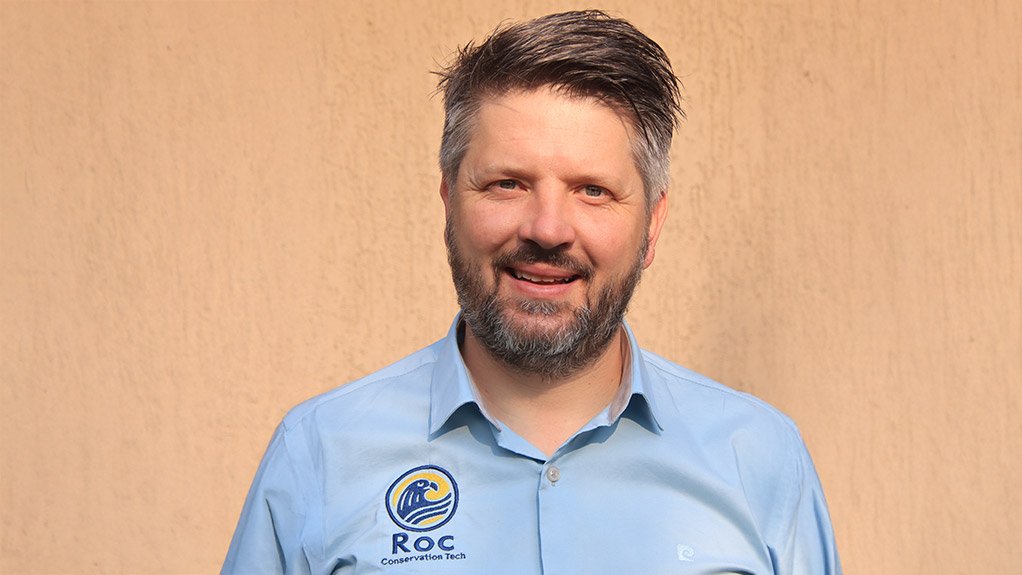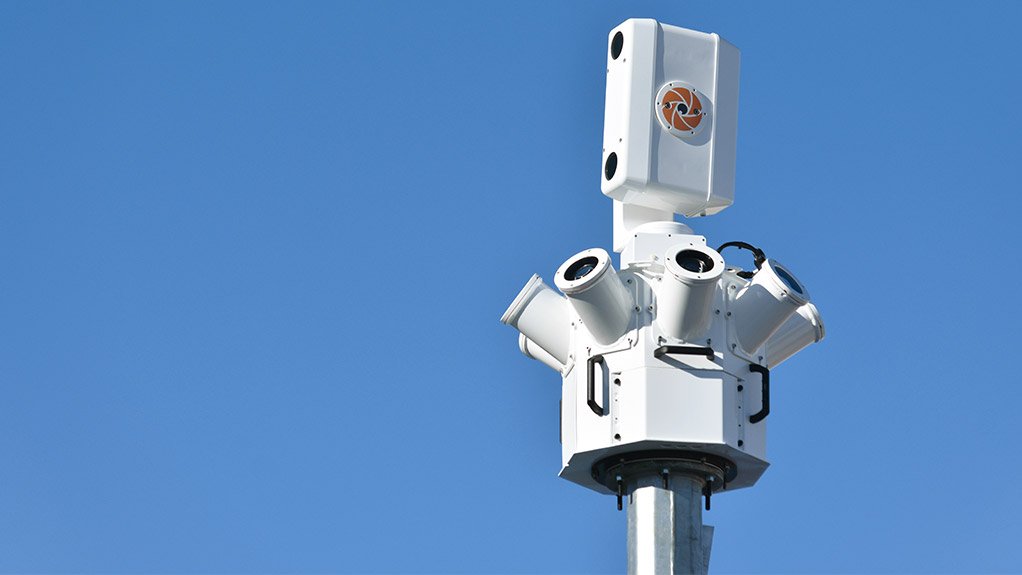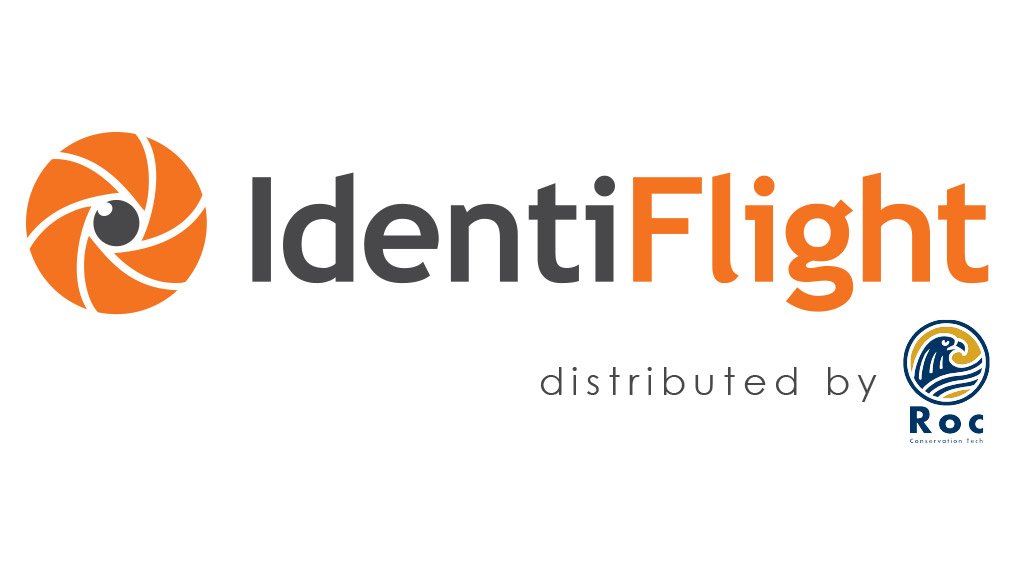/ MEDIA STATEMENT /
By Dirk van der Walt
As South Africa accelerates its renewable energy transition, the challenge of balancing large-scale wind power with biodiversity protection is becoming more urgent. With industries demanding round-the-clock clean energy under the country’s Private Power Purchase Agreements, wind energy is one of the strongest opportunities for decarbonisation and growth. Yet many of the country’s wind-rich landscapes are also home to iconic raptors, including Cape Vultures, Bearded Vultures, Verreaux’s Eagles and the endangered Black Harrier.
“South Africa is home to some of the world’s most important raptors,” says bird detection systems provider Roc Conservation Tech founder and environmental technology advocate Dirk van der Walt. “These birds are part of our heritage. Communities will not accept projects that ignore the risks turbines pose to them.”
One of the most significant advances in resolving this conflict has been IdentiFlight, an artificial intelligence-powered detection system developed by Boulder Imaging. Combining high-resolution optics with machine vision, the system scans the skies, detects birds more than 1.5 km away, and identifies South African species in real time with over 98% accuracy. If a high-risk bird is on a collision course, IdentiFlight triggers a selective shutdown of only the relevant turbine. Once the bird passes safely, the turbine restarts.
Globally, more than 500 IdentiFlight stations have been deployed across 36 wind farms, representing over 2 000 turbine-years of operation. The results are striking: turbines with full coverage show fatality rates 95% lower than those without. At the same time, energy loss remains under 1% on average, a fraction of what is typically lost through broad shutdowns or human-based monitoring. “This is not a trade-off between saving birds or generating megawatts,” explains Boulder Imaging founder, CEO and CTO and IdentiFlight developer Carlos Jorquera. “It’s about precision. We can deliver both reliable power and credible species protection.”
The integration of bird protection into wind projects is not only an ecological necessity but also a commercial one. “South African regulators are asking for proactive, science-based mitigation. Communities are watching closely. And lenders want assurance that projects will not face delays from environmental challenges,” says Van der Walt. “IdentiFlight addresses all three.” The benefits are clear: for regulators, it provides independently validated evidence that collisions are prevented; for communities, it shows visible respect for heritage species; and for financiers, it protects revenue hours by ensuring curtailment is applied only when truly necessary.
South Africa cannot afford to stall its wind rollout. Expanding the fleet is not just about clean electricity; it is also about industrial growth, job creation, and long-term energy security. Yet avifaunal risk remains one of the most persistent obstacles to project approval. IdentiFlight provides a way forward. By aligning with IFC Performance Standard 6, the system enables projects to deliver a net positive impact for bird conservation, giving developers, regulators and funders confidence that South Africa can grow its economy while protecting biodiversity.
South Africa’s wind farms are built in some of the country’s most challenging terrains with escarpments, ridgelines and thermal zones where vultures and eagles soar at blade height. Cookie-cutter solutions imported from other markets cannot address these dynamics. “Coverage siting is everything,” explains Jorquera. “We design IdentiFlight layouts based on line-of-sight, terrain, turbine spacing and species flight behaviour. For vultures soaring along ridges, the system needs to see exactly where they fly. That’s how you achieve seconds-level response times.”
Working with Boulder Imaging, Roc Conservation Tech has already adapted IdentiFlight for South Africa. Neural networks have been trained to recognise more than 30 local species, ensuring the system responds to regional avian behaviour rather than assumptions based on overseas datasets. “A Bearded Vulture in the Drakensberg does not fly like a Golden Eagle in Wyoming,” Van der Walt notes. “Our systems know the difference.”
Technology alone cannot ensure success. Partnerships across industry, conservation and communities are essential. Roc Conservation Tech is collaborating with BirdLife South Africa, VulPro, and the Endangered Wildlife Trust to align IdentiFlight’s application with national conservation goals. Transparency is another cornerstone. Every detection and curtailment event is logged and time-stamped, allowing communities to see that turbines really do shut down when a vulture passes at blade height.
Both Jorquera and Van der Walt envision a future where South Africa demonstrates that renewable energy and biodiversity protection can advance together. “Five years from now, I want us to be recognised for showing the world that clean energy growth and conservation are mutually reinforcing goals,” says Van der Walt.
Dirk van der Walt is the founder and CEO of Roc Conservation Tech. He is a professional engineer with over 20 years of experience in control engineering, process safety and renewable energy.








